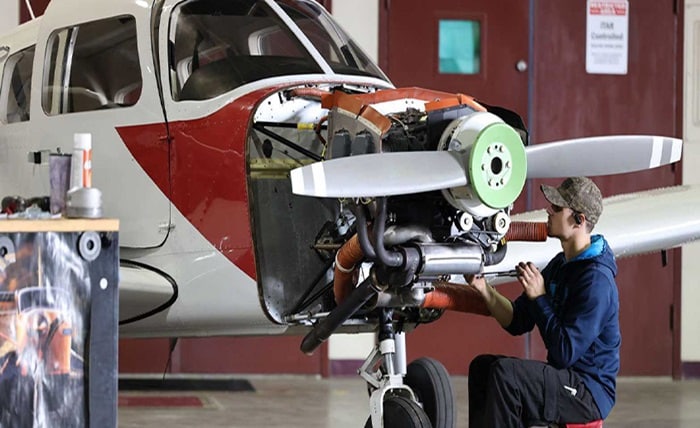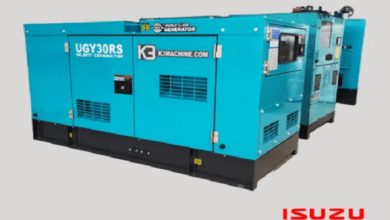How to Properly Maintain Your Airplane Engine Oil System?

Maintenance work on the airplane engine oil system needs to be conducted quite frequently in order to have your equipment running efficiently. Maintenance involves lubrication to reduce friction and heat buildup and lack of it causes more often expenses or even total failure of the engine. Here are important guidelines to consider so that your engine will keep on performing well.
1. Regularly Check Oil Levels
Another day-to-day maintenance that you can ever do on your airplane engine is to check on the oil levels. Lack of oil causes the engines’ surfaces to rub against each other, thereby causing rapid wearing out of the engine parts. In contrast, over-reliance on it causes pressure build-up, which might cause seals and other important parts to rupture.
As you pursue your quest to know the quantity of oil to use always make several attempts from the manufacturer’s manual since it will help you know more about the engine’s performance and its expected durability. The best practice one should take before each flight is to ensure that the oil level is adequate for the engine’s needs, then put the oil if necessary. Also, be certain to choose the right type and viscosity of oil because it can cause some engine failures or poor operation if the oil is chosen mistakenly.
2. Change the Oil on Schedule
Regular oil changes can become indispensable for proper engine health and perfect functioning of the engine. Oil begins to degrade over time — and loses its effectiveness — when they are exposed to high temperatures, combustion byproducts, and other contaminants. The aircraft manufacturer recommends a specific number of flight hours; changing the oil is a general rule of thumb. But this interval can still very dependent upon the aircraft use and operating conditions, so you should follow the manufacturer’s guidelines.
Also, don’t forget to replace the oil filter at this time so contaminants do not pass into the system and harm the engine. Properly following the engine oil change schedule will ensure the engine is maintained with proper lubrication, will maintain the engine at high efficiency, and will decrease the risk dramatically of parts wearing or damaging through oil starvation.
3. Inspect the Oil for Contaminants
Occasionally, when the oil has settled, it contains some extra elements like metal shavings, dirt, and moisture, which may cause a lot of harm to the engine parts. If these impurities are not cleansed as early as possible, the consequences will be elevation of friction, deterioration of components, and probably failure. Look into the oil and check for unusual particles or changes in texture or discoloration. If you see any of these, there may be a problem with the engine — internal wear, leaks, or coolant contamination. If the oil is dirty-looking or some other way odd, change it immediately because you don’t want to put more wear and tear on the engine. So, on average, running regular oil analysis can also alert you to undetected engine troubles that could be wearing your engine out or picking up contamination in ways that would be difficult or impossible to see.
4. Ensure Proper Oil Type and Viscosity
Selecting the right oil grade consistently is very important for your engine. Engines used in the aircraft need an oil that can perform at high pressure and temperature as those experienced in the aircraft. It is also important to know that it depends on the kind of engine; always refer to the manufacturer’s general guidelines. If the viscosity or additive is incorrectly chosen, a process is not performed optimally, or the engine suffers harm.
It is also important to note other factors, such as the operating conditions, that some oils are effective in certain conditions. For example, if you live in a cold climate, you require a certain aircraft engine oil viscosity for better performance. Since oil viscosity varies with the environment, frequent checks and changes of the type of oil are adequate ways to preserve the engine.
Conclusion
Engine oil management is critical to the safety of operations and the sound performance of an aircraft. Periodic examination, timely oil changes, and contamination assessments minimize the duration of repairs and elongate engine life. Proper maintenance of the equipment maintains the efficiency and reliability of the equipment as far as flight safety is concerned.




